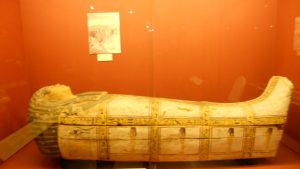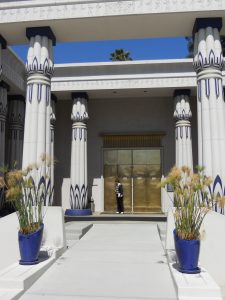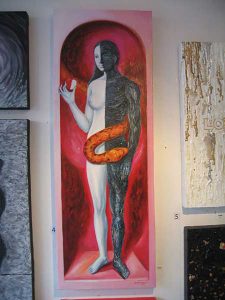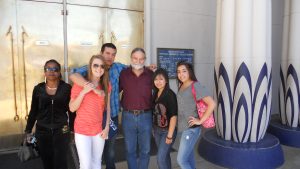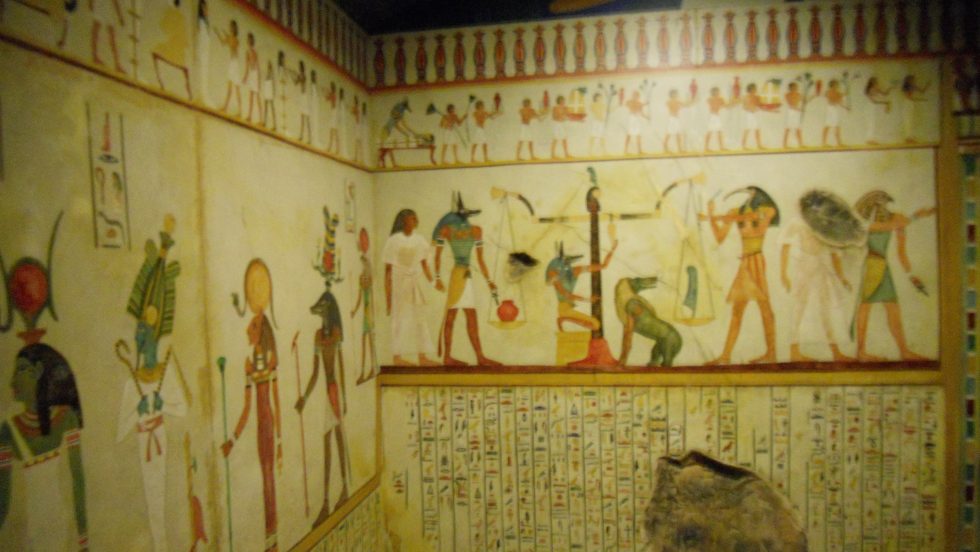Philosophy of Sex and Love
Course Description
This seminar will focus on the in-depth discussion and analysis of religious, philosophical, and psychological theories pertaining to sex and love. The first half of the semester will examine what many of the world’s religions–including ancient Egyptian religion, Hinduism, Buddhism, Taoism, Judaism, Shinto, and Christianity–say about this intriguing topic. The second half of the semester will examine diverse philosophical responses to traditional Western teachings about sex and love. Readings from Plato, Aristotle, Ovid, Schopenhauer, Nietzsche, Marx, Freud, de Beauvoir, Reich, Foucault, Campbell, and many others will be discussed. Relevant audio-visual material will be incorporated throughout the semester.
A highlight of the seminar will be a fieldtrip to the Rosicrucian Egyptian Museum in San Jose. This fascinating museum contains a treasure trove of interesting artifacts from diverse aspects of ancient Egyptian life. There are human and animal mummies, a wide range of items used in everyday life, ritual objects and instruments, and even a reconstruction of an Egyptian tomb.
In Other Words
-
Religious Insights
During the first half of the semester, students will explore the views on sex and love as presented in various world religions, including ancient Egyptian religion, Hinduism, Buddhism, Taoism, Judaism, Shinto, and Christianity. This interfaith exploration provides a diverse and culturally rich perspective.
-
Interactive Learning
The seminar incorporates a multidisciplinary approach by combining religious, philosophical, and psychological theories to foster a comprehensive understanding of these complex topics. The inclusion of relevant audio-visual materials throughout the semester enhances the learning experience, and makes the content more engaging and relatable.
-
Cultural Enrichment
A highlight of the seminar is the field trip to the Rosicrucian Egyptian Museum in San Jose. This museum is home to a wide array of fascinating artifacts, including mummies, everyday items, ritual objects, and a reconstructed Egyptian tomb. It offers students a hands-on experience that connects the academic study of ancient Egyptian life to real-world artifacts.
Previous Trips
